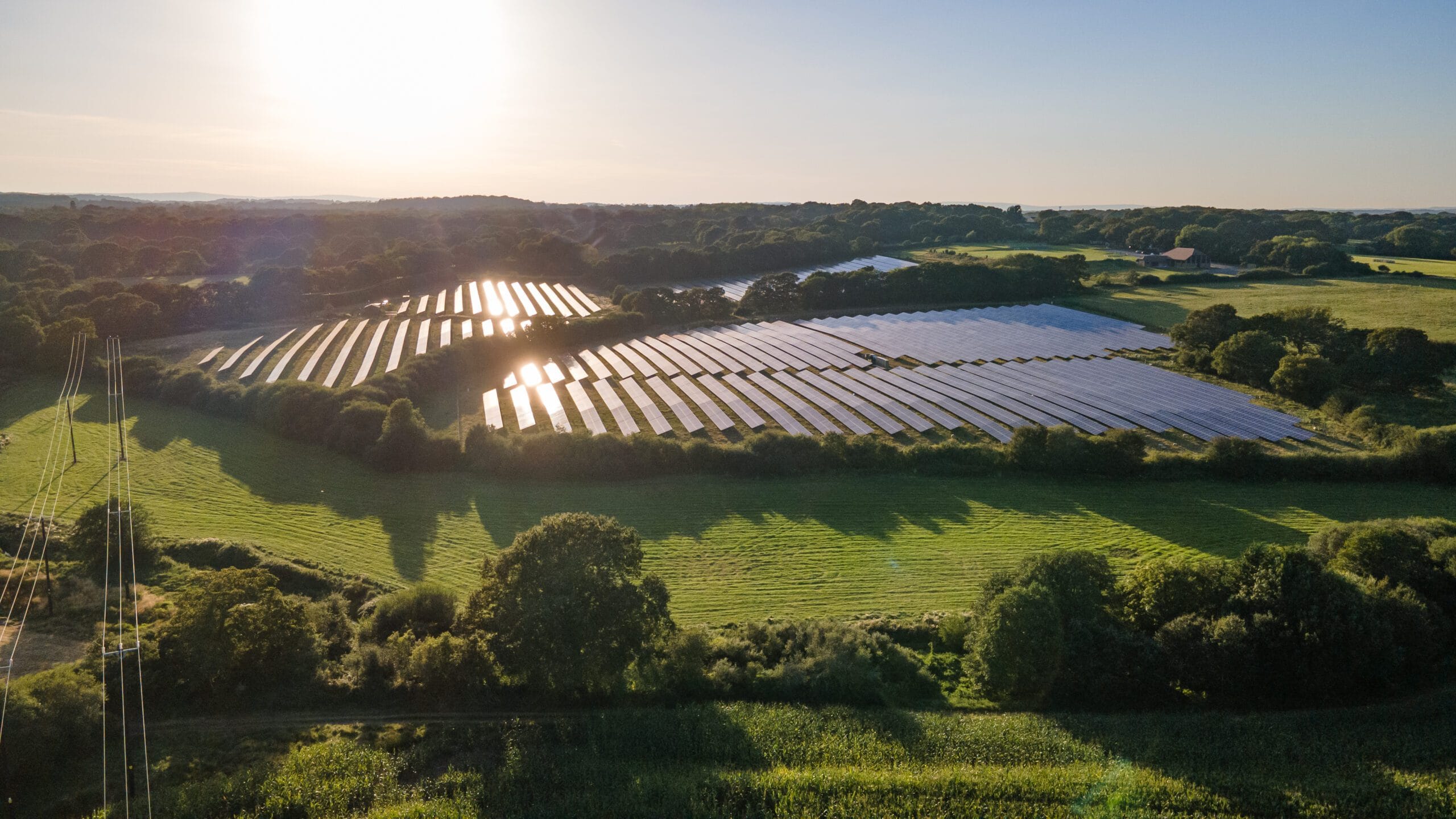Going the extra mile: advice to help transform the UK’s energy system
With a clear vision of ‘transforming energy for good’, Exagen’s commitment to the UK’s target of 100 per cent renewable electricity generation by 2035 is achieved by building, owning and operating renewable energy generation and storage projects. The company aims to establish a rolling 500MW output of UK sites, securing planning permission and entering construction, year on year.
A partnership approach
The organisation works tirelessly to understand and accommodate the needs of landowners and communities to build lasting local legacies. Forging strong and mutually beneficial partnerships is central to this mission.
Access to a team of experts and trusted advisors is also key to successful navigation of the planning process. Motion has a track record of helping to steer renewable energy projects through the planning system and, to date, has never had a renewable energy application refused on highway or transportation grounds.
In a recent example of Motion’s collaboration with Exagen, proposals to build a battery energy storage system (BESS) at the Brockworth Road Energy Reserve in Gloucester were approved by Tewkesbury Borough Council. The site is located near the M5 and A417 junction, west of Brockworth Road. Plans included a standalone BESS, and associated infrastructure including access tracks, fencing and substation buildings. Once built, the facility will connect into an existing 33kV overhead line.
Challenging planning landscape
With a workforce passionate about tackling the causes of climate change, renewable energy developers and operators are naturally very committed to the success of each application, when the stakes can often be high. Becca Leake, Exagen’s Environmental Planning Manager, explains, “With so much time and effort going into preparing a submission, it is a great relief when everything comes together and the scheme is approved.”
According to Becca, “Our ambition is to develop well-thought-out projects that fit with the local landscape, ecology and community. Within Exagen, we’re very invested in engagement at the pre-planning stage, and we’ve seen how this can make things go smoother later in the process.”
Becca continues, “Today’s renewable energy planning landscape is changing, with a growing requirement to deal with a variety of requests from the local authority or statutory consultees. With so much to demonstrate, evidence and deliver, a robust planning assessment package needs to be submitted as part of the application.”
Early resolution of transport issues
 Due to a noticeable increase in local objections, transportation and highway issues also need to be considered and addressed at an early stage. Andrew Nock, Senior Transport Planner at Motion, comments, “Nowadays, planning authorities want as much information as possible to address arguments and mitigate local residents’ concerns. This can be challenging, especially due to the lack of a consistent approach across the UK.”
Due to a noticeable increase in local objections, transportation and highway issues also need to be considered and addressed at an early stage. Andrew Nock, Senior Transport Planner at Motion, comments, “Nowadays, planning authorities want as much information as possible to address arguments and mitigate local residents’ concerns. This can be challenging, especially due to the lack of a consistent approach across the UK.”
Motion successfully dealt with all transport-related issues arising for the Brockworth Road BESS, which will be built on Green Belt land. The team needed to address questions relating to the site’s two potential access points, with visibility being a principal concern. All available access points and routes were reviewed during the initial appraisal to determine the best option, taking into consideration the site’s proximity to the motorway network and trunk road, and the pre- and post-construction phases.
Becca Leake says, “Following an initial recommendation from National Highways for more information to be submitted, Motion’s problem-solving skill and additional reporting addressed all the points raised and meant we ended up with no objection.”
Andrew Nock is keen to stress the importance of having all matters resolved before applications are submitted. “Appealing is very expensive, and something a renewable energy developer will want to avoid at all cost. Our aim is to ensure there are no solid grounds for refusal.”
Going the extra mile
During the operational phase of the BESS, there will be a minimal increase in traffic volumes with, on average, one vehicle expected to visit the site every two weeks. The construction phase of the development will lead to an increase in traffic on the road network surrounding the site for a temporary 24-week period. Motion demonstrated that the small changes in vehicle movements would have a de minimis impact on highway capacity.
Becca Leake concludes, “From our very first project working with Motion, we were impressed with the helpful, responsive attitude and effective deliverables. A rapid turnaround from the team can help to bring a project to fruition faster and avoid lengthy delays.” She adds, “Motion really goes the extra mile, addressing everything we ask for. The wealth of experience in the wider team gives us great confidence that the proactive approach and high-quality advice will get results.”
Brockworth Road Energy Reserve project at a glance:
- Battery storage capacity of 20MW and two-hour duration
- Each cycle equivalent to daily electricity usage of 5,000 homes
Motion contribution:
- Preparation of Transport Statement
- Access advice including addressing points raised by National Highways
- Swept Path Analysis for primary access and secondary emergency access
- Passing bay plan design
- Preparation of Construction Traffic Management Plan
- Visibility Splay plans for both accesses
Outcome:
- A local facility to store and release energy when communities need it most
- Biodiversity net gains of 37%
Image credit: © architecture FAB



